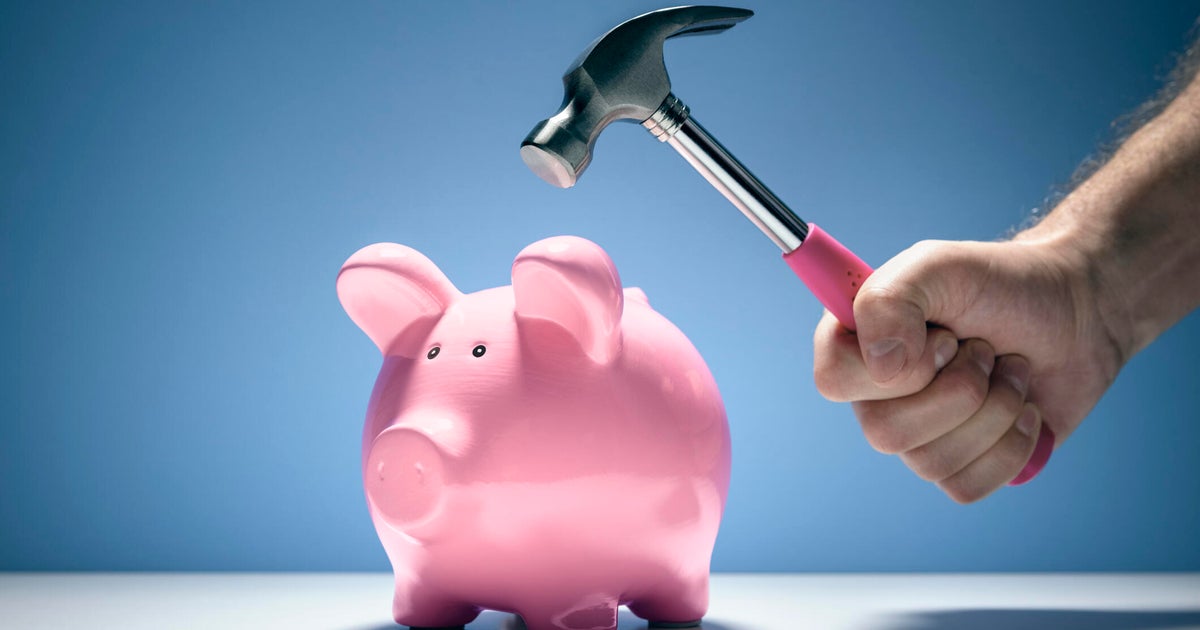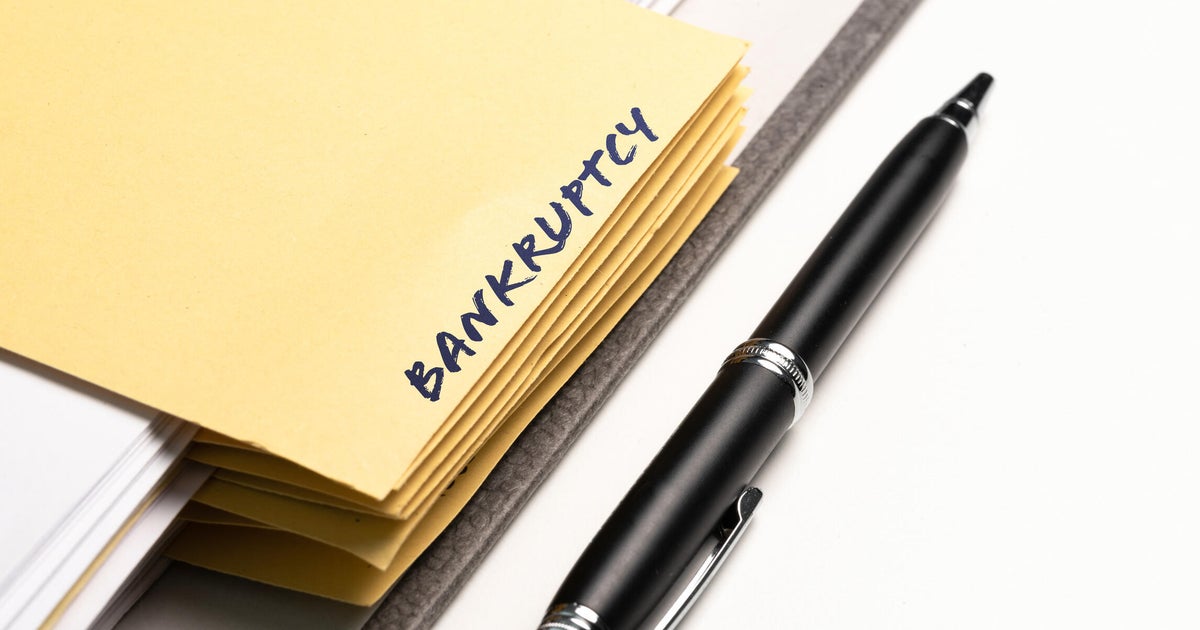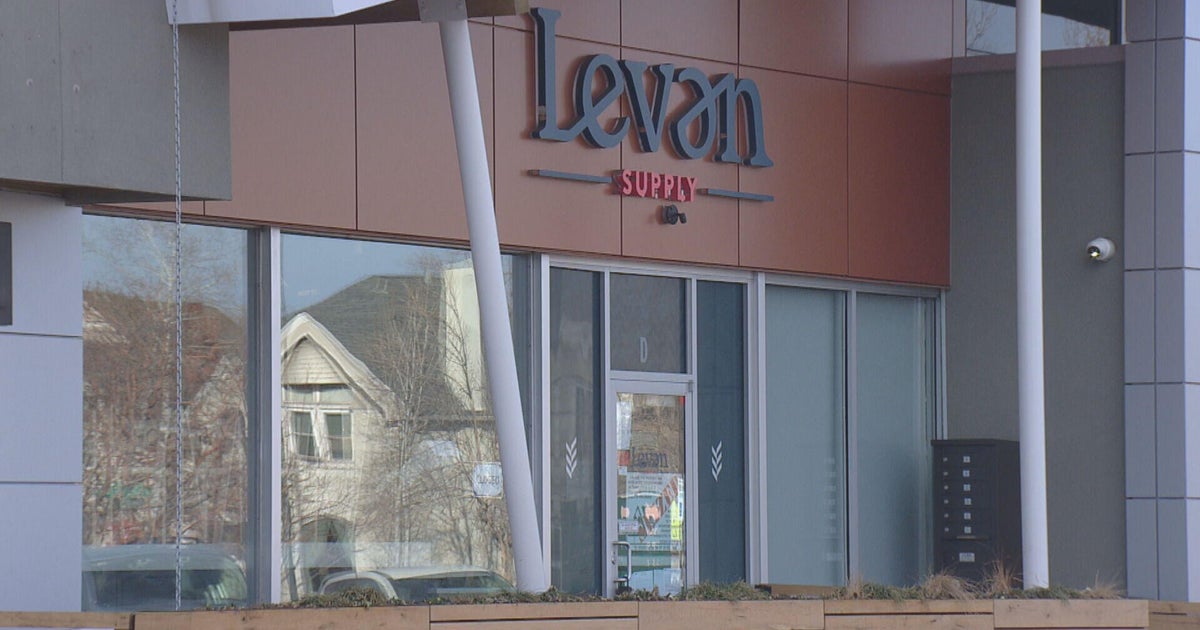Is it better to settle your credit card debt or pay in full?
Over the past few years, a range of economic issues, from elevated interest rates to high prices on gas, groceries and housing, have weighed heavily on many people's budgets. In turn, many Americans have turned to credit cards to try and bridge the gap between their budgets and their necessary expenses. But with the average credit card rate hovering above 23%, that may not be the best plan. After all, compounding credit card interest charges can make it tough to pay off what you owe, as evidenced by the fact that credit card delinquencies have become more frequent recently and cardholders are maxing out card accounts at concerning rates.
Maxing out your credit cards is never ideal, but having late or delinquent credit card payments on your credit report can cause severe damage to your finances and credit. And, not only does the damage to your credit score from late payments take time to repair, but missed payments are a red flag to lenders, making it harder to get approved for loans, mortgages, rental housing and other credit products in the future. There are also potential credit card late fees and penalty annual percentage rates (APRs) to contend with, both of which can further increase the cost of your credit card debt.
So, if you've fallen behind on your credit card payments, it's crucial to take control of the situation as soon as possible — before the situation spirals further out of control. Credit card debt settlement is one potential path you can take to address delinquent credit card debt. When you take this route, the goal is to try and get the credit card company to forgive a portion of your total card balance. But while this can help you get out of high-rate card debt, is it better to settle your debt or pay off what you owe in full?
Learn how the right debt relief company could help you get rid of your debt.
Is it better to settle your credit card debt or pay in full?
Paying off your credit card debt in full is almost always the optimal route when looking at the issue from a credit score and financial perspective. By paying off the full balance owed, you will eliminate the debt and keep your credit report clean of any derogatory remarks related to the debt. And, in some cases, your credit score may even increase due to the lower credit utilization.
However, paying off credit card debt in full may not always be feasible, especially if the total balance is too high to reasonably afford. And, that's even more true when you're carrying a balance from month to month and the interest charges are compounding. That's where debt settlement could be the next best solution.
With debt settlement, you typically work with a debt relief agency that negotiates with your creditors on your behalf to try and settle what you owe for less than the full amount (you can also try to negotiate settlements on your own, but that can get complicated.) If negotiations are successful, a lump-sum settlement is paid to the creditor to "settle" the debt for a percentage of the full balance, saving you a hefty sum on what you owe.
Creditors are often willing to accept a settlement because it allows them to recover some amount of money when the alternative could be receiving nothing if you were to default entirely or declare bankruptcy. And, in addition to saving you money, the debt settlement process also benefits you because settled debts are considered "paid" or resolved from the lender's perspective, whereas unpaid debt can lead to charge-offs, collection efforts and potential litigation.
That said, successfully negotiated debt settlements will typically appear on your credit report as "settled for less than owed." This does create a negative mark that can temporarily ding your credit score, but the damage is less severe than charge-offs or debts sent to collections. And, your score often recovers and improves after the settled debt is paid.
Settling your debt is also typically preferable to bankruptcy, which leaves a major scar on your credit history for up to 10 years. And if bankruptcy is a serious possibility due to out-of-control debt levels, lenders would likely prefer you settle rather than discharge the debt entirely through bankruptcy proceedings.
Start tackling your high-rate credit card debt today.
How to decide which repayment option is best for you
So how can you determine which option makes the most sense for your finances? Well, that answer typically depends on your circumstances.
For example, if you can realistically pay off your credit card debt in full by living frugally, taking a side job, borrowing from family or finding more room in your budget through other means, full debt repayment is typically the best and fastest path back to a clean credit report and score. However, if the debt balance is too high to reasonably afford a payment in full, debt settlement may be worth considering.
It may help to calculate how long it would take you to affordably pay off the debt in full based on your current budget and payment sizes. If you find that it would take several years or more in an aggressive payment plan to repay your debt, the interest charges accruing during the payoff period could make it very difficult to pay the balance in full. In that scenario, it may be better to settle for a lower lump sum payment that you can more realistically afford.
You may also want to calculate the fees involved and taxes owed on any forgiven portions of debt to understand the true costs. After all, the IRS considers the portion of the debt that's settled to be taxable income, so it could increase the amount you owe. And, debt settlement companies typically charge a fee for their services, so that can add to the cost of debt settlement.
But if you make those calculations and find that the settlement route provides affordable resolution in a reasonable timeframe compared to untenable options like bankruptcy, it could make sense for your situation.
The bottom line
Having delinquent or maxed-out credit card debt can inflict serious damage on your finances and credit score. So, if you've fallen behind on payments, it's crucial to address the situation head-on as soon as possible. In general, paying off your credit card debt in full is the optimal solution that preserves your credit score and history.
However, it may not always be feasible to afford paying the total balance owed, especially with high interest rates compounding the problem. In this scenario, debt settlement could be the next best option to resolve the debt affordably. To determine whether that's the right path for you, weigh your ability to pay off the debt in full through an aggressive payment plan based on your budget and income. If you find that path is untenable, debt settlement could provide the most viable path to future financial stability.




